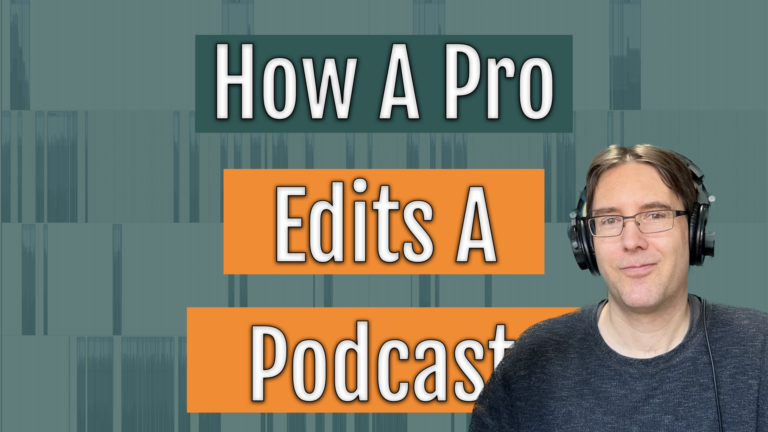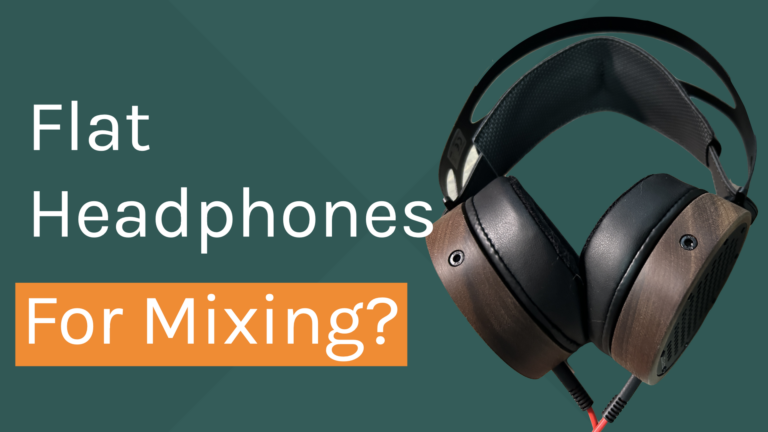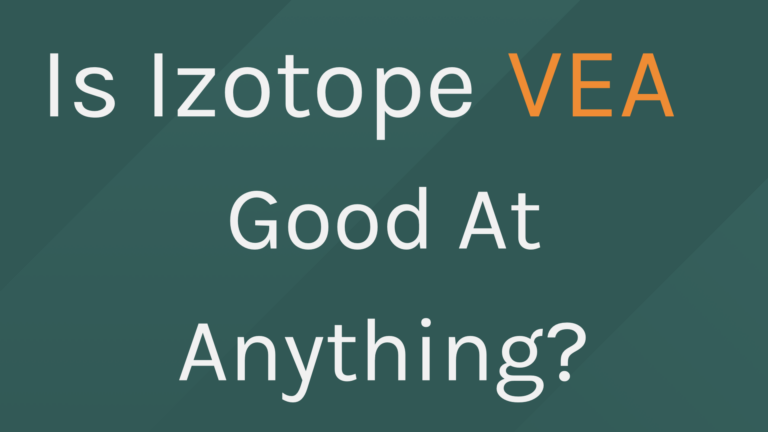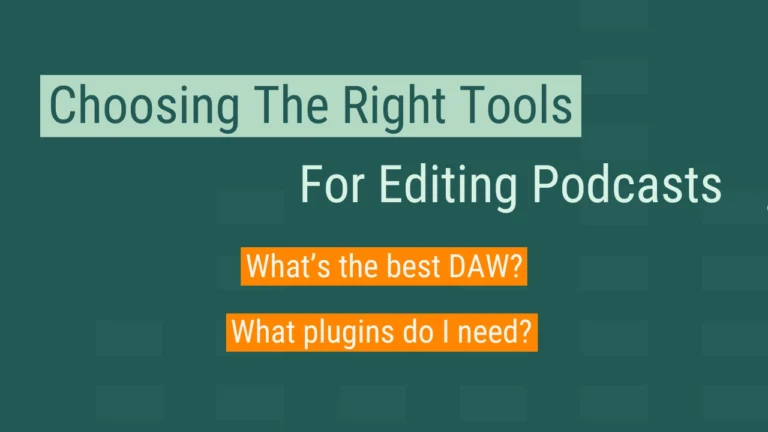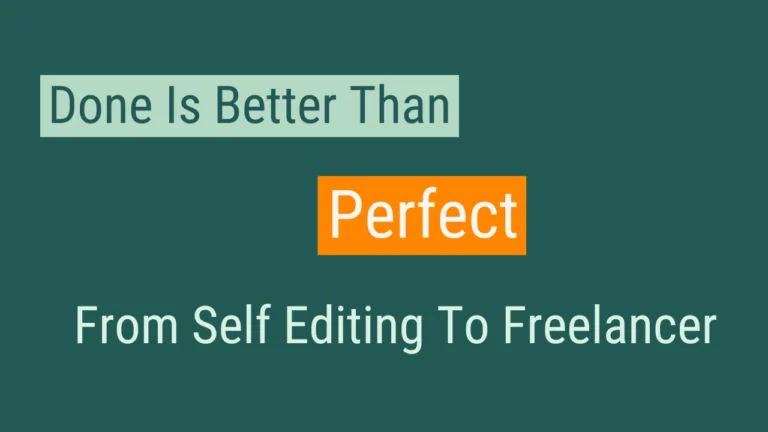Izotope’s VEA plugin
Izotope VEA, an abbreviation for Voice Enhancement Assistant was released this week. It’s a $29 plugin that is entering a space with heavy competition already. I’ve been thinking to myself that Izotope needs to do something to compete with these newer noise and reverb reduction plugins. This is how Izotope describes VEA on its website:
VEA is an AI audio enhancer that takes any voice recording and makes it more powerful, more polished, and more professional. This easy-to-use tool is perfect for podcasters and content creators of all skillsets, whether you’re a beginner or a seasoned pro.
This Is Built For Me?
As a podcast editor and content creator, this sounds like it’s built for me. In the video, I compare VEA to the leaders in this space, Supertone Clear, Accentize dxRevive, and Cedar Audio VoicEx to see how it stacks up. Here’s my takeaway after doing the comparison.
My Initial thoughts
Come on Izotope, really? That’s the best you could do? I’ve been thinking to myself that Izotope has been coasting too long in the noise reduction race that they’ve watched the competition pass them by and this reemphasizes this sentiment.
Overall, I had to look at the calendar to make sure it’s not April first because I expected more from Izotope. I get that this is a $29 plugin, but to me, it’s not even worth that. I feel like they are trying to use loudness to make it seem like it sounds better. I noticed on their website that the Before-and-Afters weren’t gain matched, which, to me, is always a red flag. Once I gain. matched the raw and processed audio, it became clear that VEA is doing just that, using loudness to make it appear that the plugin is making a bigger difference than it is. VEA requires pretty good sounding recordings to get any real benefit. The audio that podcasters and podcast editors tend to deal with will be a challenge for VEA.
Noise & Reverb Reduction
VEA’s noise reduction is ok, but not great. Once the tracks were gain matched, there wasn’t a noticeable difference in eq or dynamics with the suggested settings. For a plugin aimed at podcasters and content creators, I am left wondering why reverb reduction was left out. Surely reverb reduction is a bigger issue for content creators than subtle EQ or dynamics. The lack of reverb reduction in VEA makes me wonder how in touch Izotope is with this audience and their pain points. Was Izotope concerned that this plugin would eat into RX sales if they included reverb reduction?
You know what’s going to eat into RX sales? Releasing plugins like this when the competition is releasing plugins that do a better job at noise and reverb reduction than RX can…in real time. Since I downloaded the beta of Supertone Clear (under the name Goyo), I have stopped using the RX standalone editor. I hadn’t used either of RX’s de-reverb modules in years because they weren’t that good. Now, I can use plugins for noise reduction. RX needs to really up their game to get me to pay for another upgrade anytime soon. The only RX modules I’m using these days are De-plosive, Voice De-noise, and Mouth De-click, all in plugin form, and I’ll use the loudness module via the Batch Processor. Podcast editing is about efficiency and there’s not efficiency in using the editor.
Conclusion
Even at $29, I can’t recommend this plugin to anyone for podcast editing purposes. It removes some noise and makes the audio louder, but VEA doesn’t make it sound any more polished or professional than other tools out there. And let’s be honest, if you’re someone who is using a DAW or NLE that supports plugins, you’re probably looking for more. The true audience for this plugin already have tools like Descript, Auphonic, and Adobe’s Enhance Speech for easy-to-use better-makers. Check out part 2 of my VEA review where I talk about how well VEA works as a voice enhancer for content creators.

